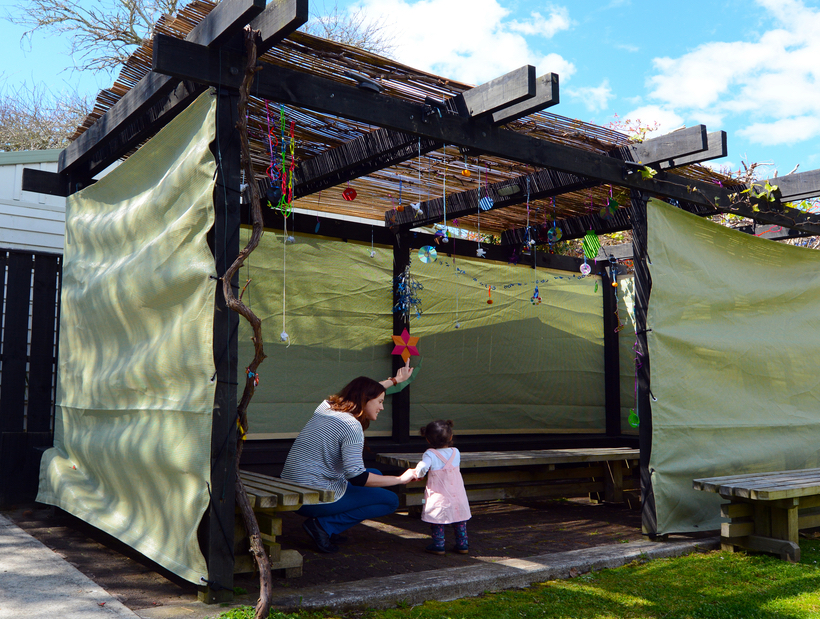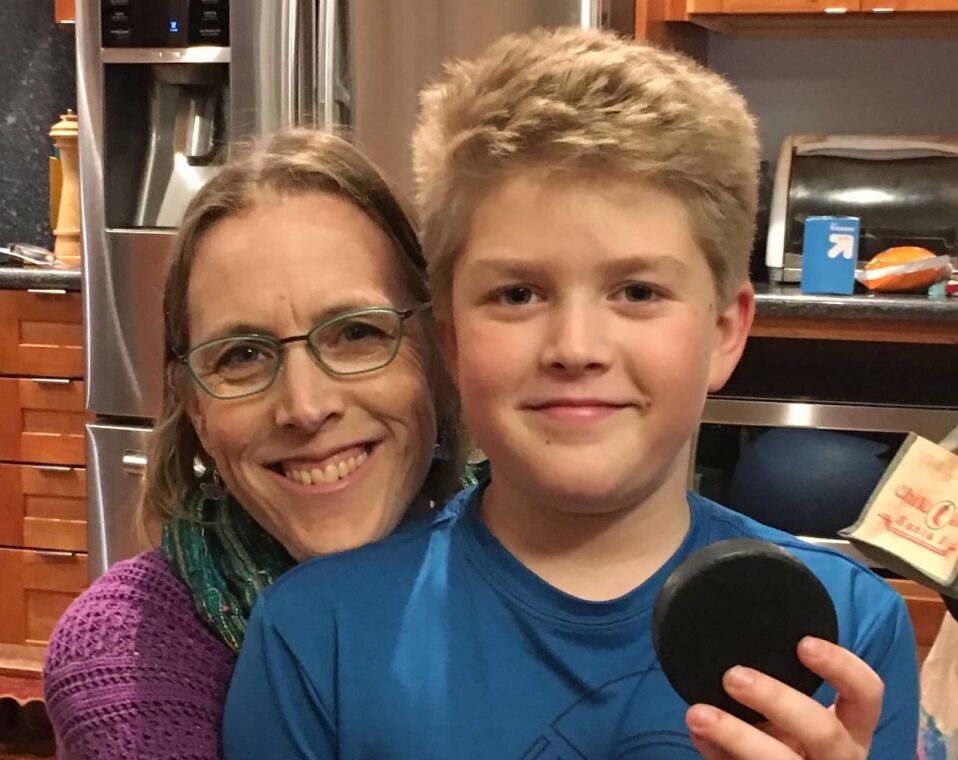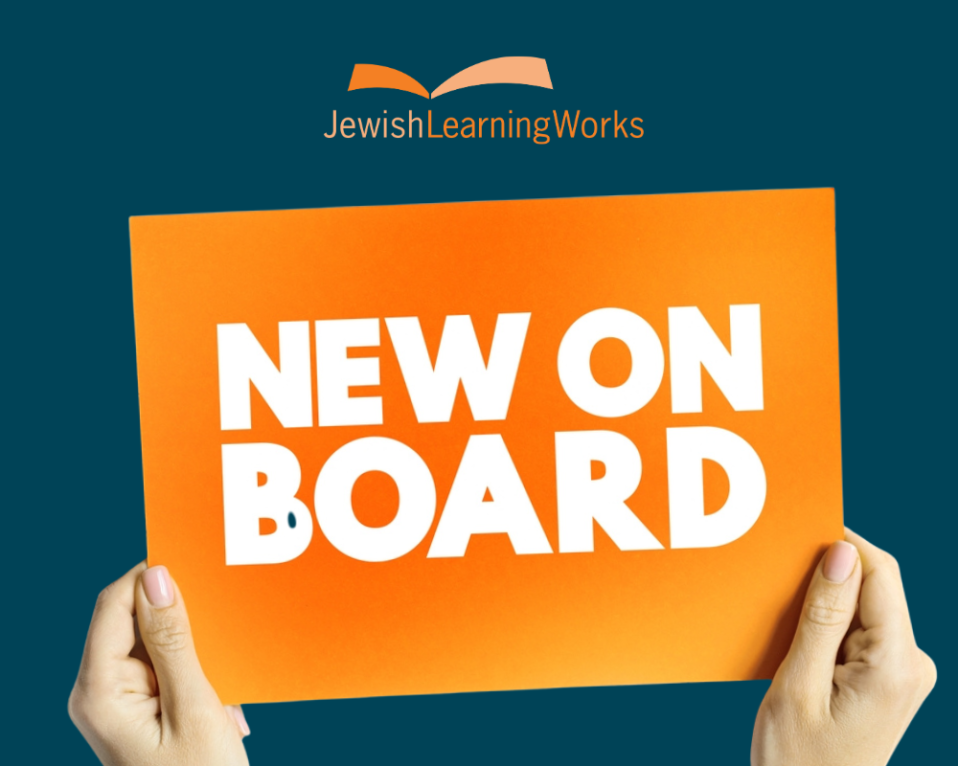By Liliana Peliks, Jewish LearningWorks’ Director of Marketing
“Fitting in is the opposite of belonging,” researcher and storyteller Brené Brown often says. It took me a minute to understand what she meant, but once it clicked, I couldn’t stop myself from finding examples in my own life, and around me.
Every year in the United States we celebrate National Hispanic Heritage Month, from September 15 to October 15, and Jewish American Heritage Month in May. Both celebrations were created to recognize the contributions and influence of these communities to the history, culture, and achievements of the United States. Many families in our Bay Area community find significance on and across these calendar dates, as their Latin and Jewish identities overlap, intersect, swirl, or fuse; however we describe the experience of who we are, we affirm and celebrate being created equal, and one – not half or a quarter or anything in particular, but one worthy of joyful belonging.
As a Jewish organization nurturing and training educators, and through them, the children of our diverse local community, we find the holiday of Sukkot and its intersection with National Hispanic Heritage Month, an ideal opportunity to learn about the values of sakranut (curiosity), hachnasat orchim (hospitality) and ahavat Yisrael (love of fellow Jews).
This year, we invite you to welcome these families as your ushpizin (symbolic sukkah guests):
Dr. Maya Guendelman, her husband and their three children
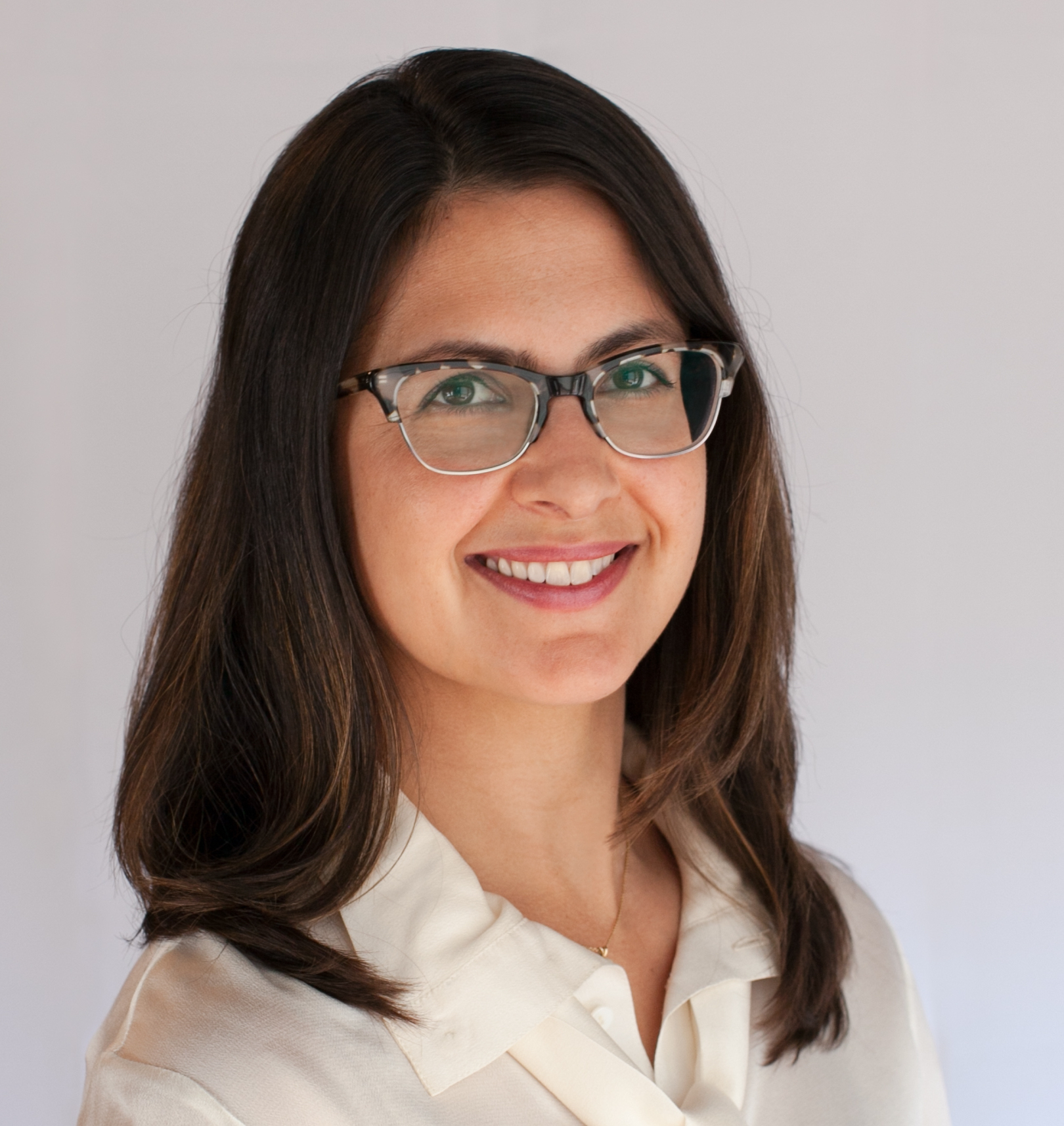
“My family of origin and my husband’s family of origin are quite alike: both are Latino, both are Jewish, and both my husband and I grew up in the East Bay as bilingual children of Spanish-speaking immigrants, fleeing from countries where civil rights were being threatened. We have similar values; we care deeply about Judaism, education, social justice, diversity, Israel, and family. We sing similar songs for Shabbat, both grew up attending the High Holidays at synagogue. We also value maintaining our Latino culture, and passing it along to our kids, through travel, teaching them Spanish, and placing importance on the needs and rights of immigrants in the US and beyond.
It is unique for our 3 US-born Jewish kids to be able to celebrate Hannukah, Pesach, etc. with all four grandparents together, all speaking to them in Spanish.
We also find joyful belonging through our kids’ budding friendships through programs like Bet Sefer at Temple Beth Abraham, Camp Gan Izzy, and Olamim.”
Shannah Metz, her husband and their two children
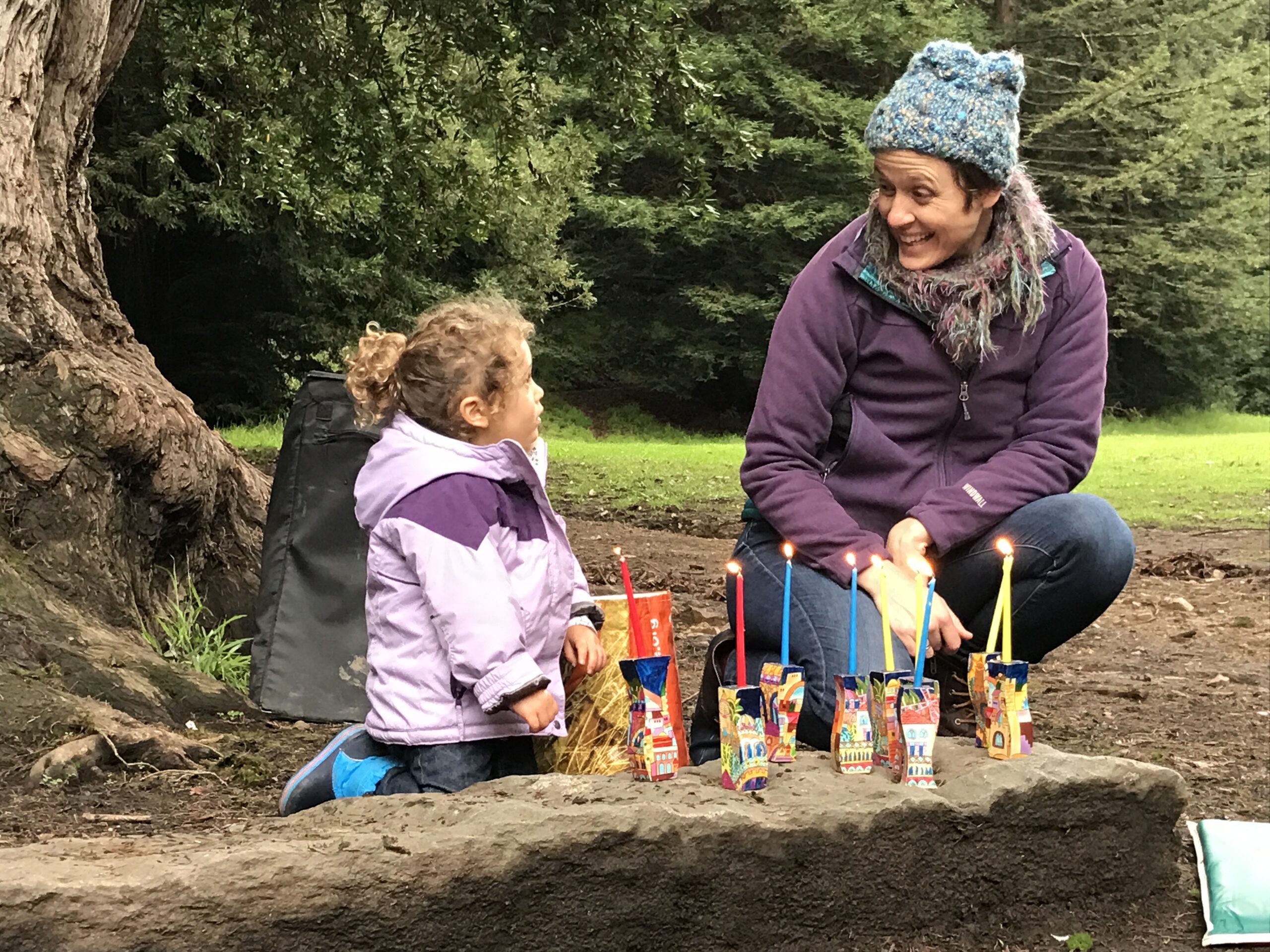
“I grew up in Santa Rosa as the youngest of 5 children. My father was born in Brooklyn, NY to a culturally Jewish family in a culturally Ashkenazi Jewish neighborhood and community. My mother was born in Long Island, NY to a family she proudly identified as WASP (White Anglo Saxon Protestant). They met each other a block off of Haight Street during the Summer of Love (1968), and my mother converted to Judaism because she loved the community and values. They raised us in Sonoma County, and my mom eventually became the Director of the JCF in Sonoma County for nearly 20 years, and we were active members of the Conservative congregation in Santa Rosa, Beth Ami.
Edwin, my husband, is originally from Esmeraldas, Ecuador and proudly identifies as AfroEcuadorian. His mother is a devout Catholic and while he was never religious, Catholicism is “in the water” in Ecuador. If anything, Edwin’s religion was soccer – when he was supposed to be at catechism, he often escaped to the beach to play soccer.
Every Friday, we celebrate Shabbat. Edwin, who is the main chef in our family, has the tradition of picking the girls up from school and taking them to buy challah at Arizmendi Bakery in Oakland and preparing a Shabbat dinner for the family. We light candles and say the brachot. We joke that we wouldn’t observe Shabbat if it weren’t for Edwin (who does not identify as Jewish).
We also find joyful belonging through the community we’ve built, in large part from our preschool: Escuelita del Bosque! We are all multilingual, multiracial, and interfaith (Jewish + other) and we celebrate Rosh Hashanah and Pesach together here in Oakland.”
Would you like to learn more?
We have some ideas for you!
1) Attend a community event. Check out Olamim’s upcoming events and subscribe to their newsletter. Olamim is a community initiative for Latin Jewish families that includes programming and research.
2) Listen to Latin Jewish voices. Jewtina’s VOCES project includes articles, podcasts, and videos. Jewtina is a Jewish and Latin organization on a mission to nurture Latin-Jewish community, identity, leadership and resiliency, and celebrate Latin-Jewish heritage and multiculturalism.
3) Watch a program. We recommend “The Jewish Diaspora: Latin American Stories,” hosted by the Museum of Jewish Heritage, a Living Memorial to the Holocaust.
4) And for Sukkot/Sucot in particular, we recommend this guide filled with resources to celebrate the holiday, and recipes to treat yourself and your guests to delicious latin stuffed foods. Thank you Jewtina!
Are you a Jewish educator or professional?
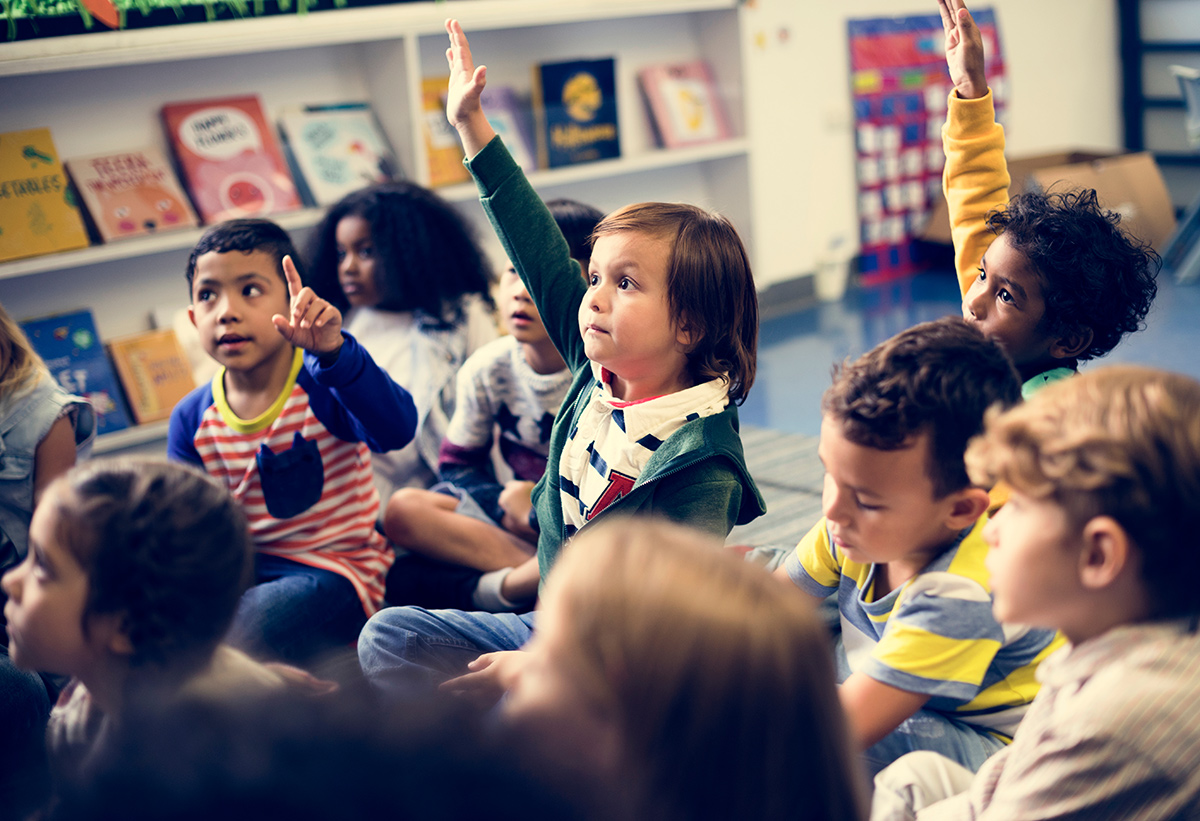
If you are a teacher, education director, school administrator or a professional at a Jewish organization, we invite you to join us for “Intersections: Latin Jewish and Multiethnic Family Engagement” – a two-part workshop on supporting a thriving, diverse community, by Ariela Ronay-Jinich of Olamim.
This virtual program will explore the links between language, identity, culture and family from an educational and developmental perspective. We will also reflect on the needs and experiences of Spanish-speaking, Latin Jewish families in the Jewish community, and use them as an entry point for considering diverse ethnic and linguistic groups in the broader Jewish community.
Our facilitator, Ariela Ronay-Jinich, MA.Ed is an educational leader, cultural activist, and researcher in the Bay Area, California. She is the founder and executive director of Olamim. She has been serving Bay Area youth and families since 2005 and is the author of the article “Latin Jewish Families and Their Educational Choices: Navigating Multiple Identities.”



